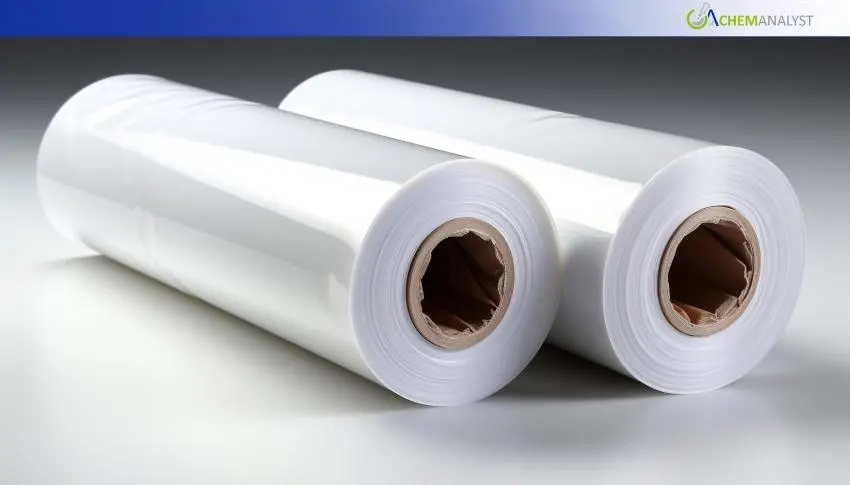Welcome To ChemAnalyst

The BOPP film market, captured in early August of 2025, clearly illustrated the complexities of regional demand driven by e-commerce and fast-moving consumer goods (FMCG), regulatory change, and supply dynamics. Demand was exceptionally strong across the packaging board in Brazil, India, and US with handsome growth in FMCG and e-commerce. Sustainability demand and feedstock supply constraints, centered largely on polypropylene (PP) as a feedstock, had markedly upward pressure. Additionally, port congestion, EPR laws, single-use plastics regimes and other significant regulatory frameworks compounded the situation globally as to pricing and inventory strategies across the globe.
Robust demand for BOPP films continued in the USA, Brazil and India driven by e-commerce and fast-moving consumer goods (FMCG). Conversely, China offered a mixed outlook for BOPP film, despite strong e-commerce activity, which was offset by weaker domestic demand. Stable demand for BOPP films was present in Indonesia, South Korea, Germany, UK, and Saudi Arabia, encouraged by greater focus on sustainable packaging solutions.
In the first week, BOPP film prices remained steady in the USA, Brazil, and India. Prices decreased in China (-x.xxx), Indonesia (-x.xxx), South Korea (-x.xxx), Germany (-x.xxx), UK (-x.xxx), and Saudi Arabia (-x.xxx). In the second week price increases were seen in BOPP films in the USA (+x.xxx) and Brazil (+x.xxx). In Brazil there were low supply pressures emerging in BOPP films and tighter polypropylene feedstock availability was experienced by the USA.
BOPP film...
We use cookies to deliver the best possible experience on our website. To learn more, visit our Privacy Policy. By continuing to use this site or by closing this box, you consent to our use of cookies. More info.
